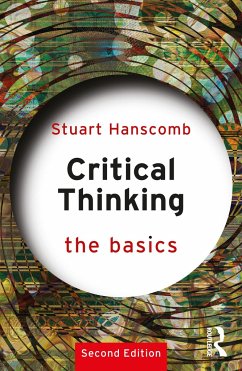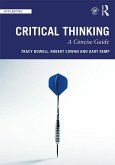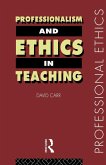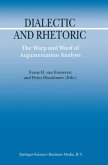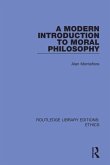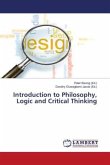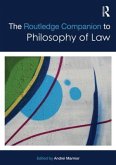Critical Thinking: The Basics is an accessible and engaging introduction to the field of critical thinking, drawing on philosophy, communication, and psychology. Emphasising its relevance both to academic literacy and to decision-making in a range of contexts, this book introduces and explains the knowledge, methods, and skills needed to identify and avoid poor reasoning, reconstruct and evaluate arguments, and engage constructively in dialogues.
Topics covered include:
The relationship between critical thinking, emotions, and the psychology of persuasionThe role of character dispositions such as open-mindedness, courage, and self-knowledgeArgument identification and reconstructionFallacies and argument evaluation.
This second edition has been revised and updated throughout, and includes an additional chapter on the relationship between critical thinking and emotions. There are also new sections on concepts such as the 'experiential mind' and 'need for cognitive closure', and contemporary examples drawn from issues including conspiracy theories, the pandemic, and misuses of social media.
With updated and expanded discussion questions/exercises and suggestions for further reading at the end of each main chapter, this book is an essential read for students approaching the field of critical thinking for the first time, and for the general reader wanting to improving their thinking skills and decision-making abilities.
Topics covered include:
The relationship between critical thinking, emotions, and the psychology of persuasionThe role of character dispositions such as open-mindedness, courage, and self-knowledgeArgument identification and reconstructionFallacies and argument evaluation.
This second edition has been revised and updated throughout, and includes an additional chapter on the relationship between critical thinking and emotions. There are also new sections on concepts such as the 'experiential mind' and 'need for cognitive closure', and contemporary examples drawn from issues including conspiracy theories, the pandemic, and misuses of social media.
With updated and expanded discussion questions/exercises and suggestions for further reading at the end of each main chapter, this book is an essential read for students approaching the field of critical thinking for the first time, and for the general reader wanting to improving their thinking skills and decision-making abilities.
Praise for the previous edition:
'Critical Thinking: The Basics covers the basics engagingly and without unnecessary jargon, provides lots of well-chosen examples and practice exercises, and, unlike most critical thinking textbooks, explains the theoretical background to the recent rise of critical thinking in education.' - Justine Kingsbury, University of Waikato, New Zealand
'This is an excellent contribution to the growing literature on critical thinking. The discussion on causal reasoning, heuristics and biases, framing, social power, metacognition, and self-deception are timely and valuable. Critical Thinking: The Basics helps to bring together the literature on the psychology and sociology of human judgement with the philosophical art of argument analysis.' - Ted Poston, University of South Alabama, USA
'This text is loaded with references, explanations, history and examples from the development and enhancement of the understanding of critical thinking. It offers a coverage of the basics of critical thinking and also provides a sense of how the field and individual expectations of critical thinking are changing.' - Charles Blatz, Professor Emeritus at University of Toledo, USA.
'Critical Thinking: The Basics covers the basics engagingly and without unnecessary jargon, provides lots of well-chosen examples and practice exercises, and, unlike most critical thinking textbooks, explains the theoretical background to the recent rise of critical thinking in education.' - Justine Kingsbury, University of Waikato, New Zealand
'This is an excellent contribution to the growing literature on critical thinking. The discussion on causal reasoning, heuristics and biases, framing, social power, metacognition, and self-deception are timely and valuable. Critical Thinking: The Basics helps to bring together the literature on the psychology and sociology of human judgement with the philosophical art of argument analysis.' - Ted Poston, University of South Alabama, USA
'This text is loaded with references, explanations, history and examples from the development and enhancement of the understanding of critical thinking. It offers a coverage of the basics of critical thinking and also provides a sense of how the field and individual expectations of critical thinking are changing.' - Charles Blatz, Professor Emeritus at University of Toledo, USA.

